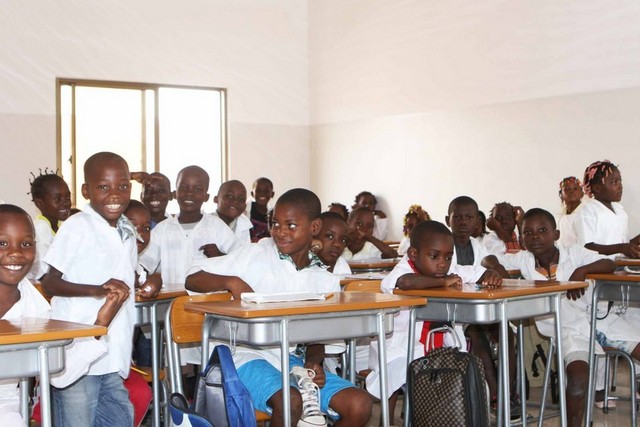
In a landmark shift for Angola’s education system, national languages will be formally introduced as part of the general education curriculum beginning in the 2025/2026 academic year.
The announcement was made by Education Minister Luísa Grilo during a Council of Ministers session chaired by President João Lourenço on Friday in Cidade Alta.
The reform aims to integrate both national and foreign languages into classroom instruction, reflecting the country’s commitment to cultural preservation and multilingual education.
“Next year we will also have a full-time teacher in the fifth grade, another full-time teacher in the sixth grade and a four-year teacher who teaches French in the fifth grade and who can also teach in the sixth grade.
From the next school year, we are introducing our national languages, Bantu and non-Bantu, which will be included,” Minister Grilo stated.
The policy marks a major step in reinforcing Angola’s linguistic heritage, with Bantu and non-Bantu languages set to join French as mandatory curriculum components.
The introduction will require specially trained educators capable of delivering language instruction across multiple year groups.
To ensure smooth implementation, Minister Grilo confirmed that dedicated “four-year teachers” will be appointed for this new subject area, highlighting its specialized nature and importance within the education reform.
The Ministry of Education has also committed to upskilling education professionals to support the rollout.
“Education agents will also be trained to ensure the functioning of the education system,” Grilo said, signaling the government’s intent to reinforce quality alongside curricular expansion.
This new initiative not only reaffirms Angola’s dedication to educational development but also promises to deepen students’ connection to their cultural roots, promoting identity and inclusion in classrooms across the nation.



